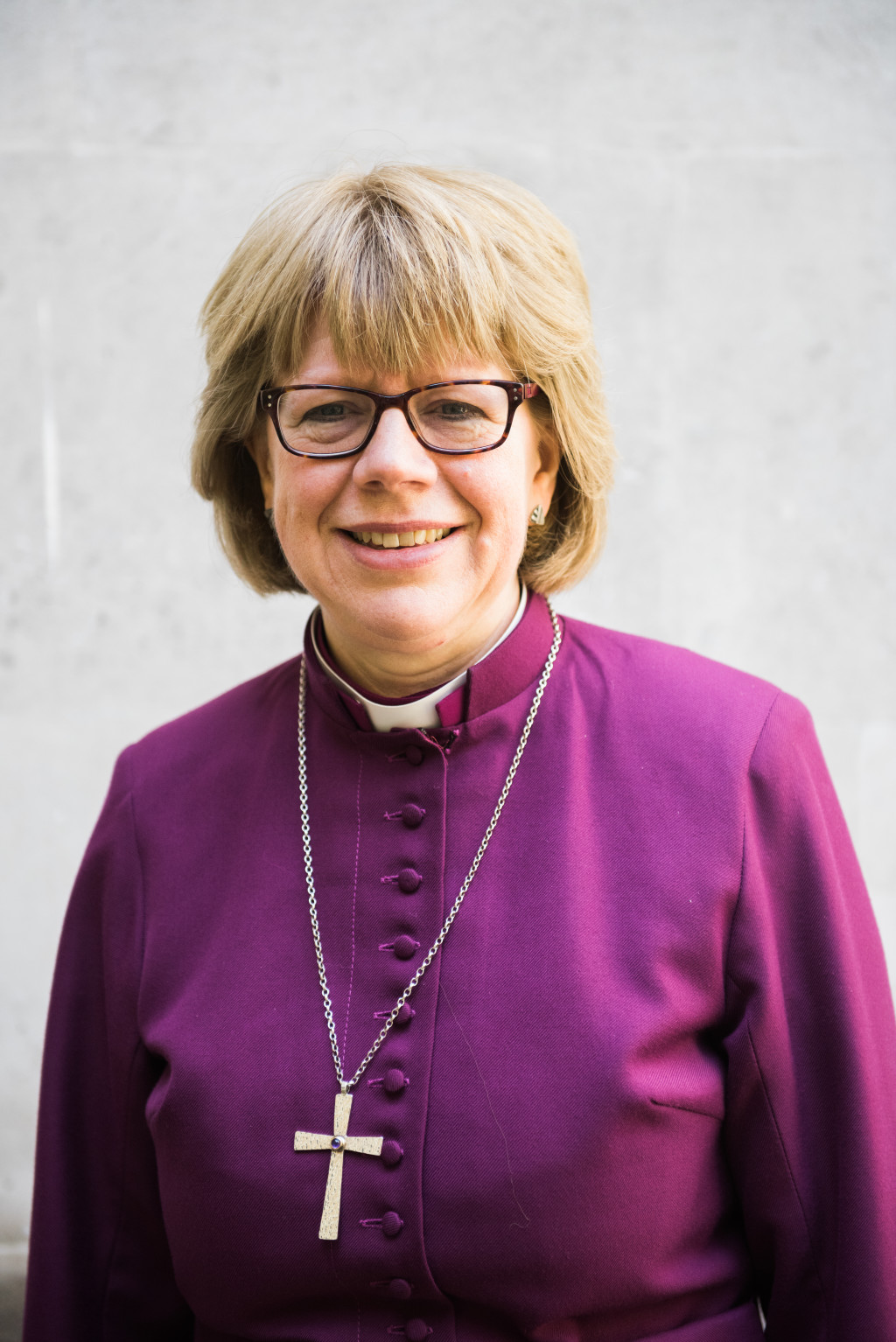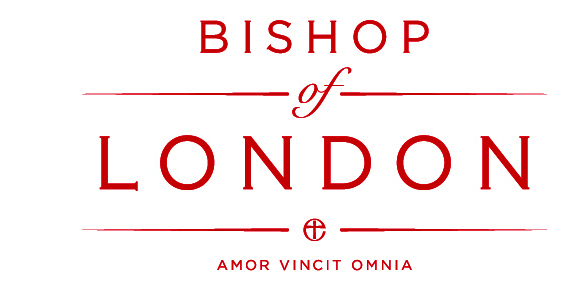
NHS70: We all have a duty of compassion to care for our neighbour
For 900 years, on this site where we stand today, there has been both a hospital and a place of worship. St Bartholomew’s Hospital traces its roots back to the Augustinian priory that once filled this site. For nine centuries, healing and mercy, compassion and love, the physical and the divine, have brushed up against each other. This very place tells the story of a health service rooted in the Gospel of Jesus Christ.
The National Health Service was born out of a vision of healthcare available to all, regardless of wealth or status. Born out of a belief in something called the common good.
It was in the middle of the Second World War, at the height of terrible suffering and loss that the Beveridge Report dared to dream of a new society that would make provision for the health of the nation and the care of the sick. Remarkably, the NHS was born just six years later, despite the devastation and the exhaustion that war had wreaked on Britain. Or did it perhaps take such despair to give birth to such a radical vision?
Though we may often forget it now, the NHS wasn’t universally welcomed or without controversy when it was set up. The cost was expected to be great and most doctors believed that it would reduce their fees and their freedom. Many doctors threatened to resign rather than join it. So it was born into economic hardship and entrenched opposition. It took enormous courage and determination on the part of Aneurin Bevan, Clement Attlee and others to set it up. And their vision of course extended further than the NHS – to providing a wider package of reforms; unemployment benefit, old age pension, widows pensions and death grants. At the heart of their vision was the belief that all people should be treated as of equal value in times of hardship, whether because of sickness, or old age or unemployment. It was a vision of love and compassion given freely, to all.
Before the founding of the NHS, we should remember that those without means didn’t dare call a doctor for fear of the bill that would land on the doormat. They couldn’t afford to go to hospital so they went to work houses to receive the most basic of palliative care. Without the NHS, the poor were left to fend for themselves at their times of direst need, relying on home cures for the most terrible illnesses and diseases.
Today we celebrate and give thanks for the courage and passion of those behind the NHS, 70 years on. We celebrate and give thanks for those who continue that vision in today’s NHS, despite the growing pressures upon them and the Service. And we say thank you to all those who today continue to provide care.
I am a passionate supporter of the NHS. It has touched my life in many ways – through the birth of my children, the death of my parents, and for many years, directly through my work as a nurse. I have seen some of the great changes the NHS has undergone due to our longer lifespans, increases in technology and research, and a growing population. These changes have put pressure on the commitment to equal care, though I know that commitment still underpins the motivation of all who work for the NHS.
In our reading we heard the well-known story of the Good Samaritan. It’s a parable, told by Jesus, of a traveller who is beaten and left for dead on the side of the road, and of the treatment he gets from those who walk past. Two ignore him – a priest and a Levite – but the third, the outsider, the Samaritan, stops. He has compassion. Jesus’s listeners would have known how remarkable this was: at that time enmity between Samaritans and Jews dated back millennia. The injured man was his enemy and yet he treated him as his neighbour. Jesus tells this parable when he’s asked by a lawyer – who is hoping to catch him out – who is my neighbour?
Who is your neighbour?
Ask any nurse on any ward in this country this question and I am pretty sure of the answer you’d get: the patients they tend and care for. The NHS embodies this Gospel vision of compassion for all, regardless of age or race or religion.
The NHS doesn’t of course absolve the rest of us from the need to care for our neighbours. We all have a duty – of compassion – to care for our neighbour, whether they live next door are in the next office, or on the side of a road.
We have to care for the society we live in, the society we want our children and grandchildren to grow up in. This care shows in our words and our actions, such as how we choose to spend our money, our leisure time.
Florence Nightingale once said: Why pray for those dying of cholera when raw sewage is flowing in the Thames? She believed as I do that we need to both pray and act.
Despite the huge progress of the NHS, the wonderful achievement that is universal care free at the point of delivery, inequalities still abound. Baby boys born in Blackpool in 2014 can expect to live nine years less than those born in Kensington and Chelsea. Girls in Middlesborough will live an average of seven years less than girls born in Chiltern.
Addressing these inequalities is of course not just about health, but about housing, education, welfare and nutrition.
We are here today to give thanks to God for our NHS and to pledge ourselves anew to make it the best we can. To ensure it serves all who need it with humanity and dignity and compassion. In the coming months and years there will be more pressures upon it. More change. More difficult decisions. We pray today for those making those decisions that they might be true to the vision of the common good which inspired the creation of the NHS seven decades ago.
“Teacher, what shall I do to inherit eternal life?” Jesus said to him. “What is written in the law? How do you read?” And he answered, “You shall love the Lord your God with all your heart and with all your soul and with all your strength and with all your mind; and your neighbour as yourself.” Jesus then went on to say “go and do likewise”.
+Sarah Londin
